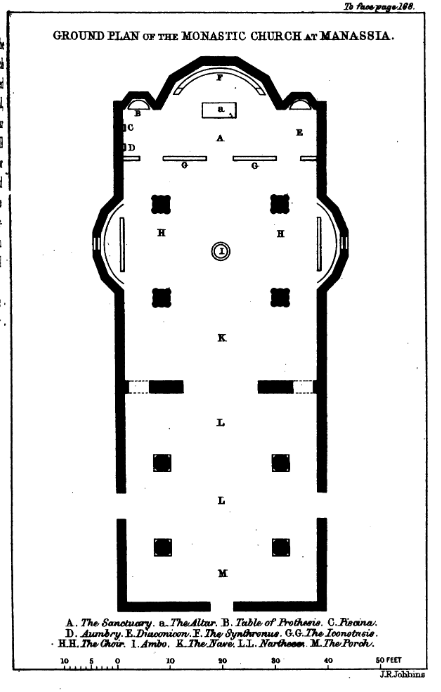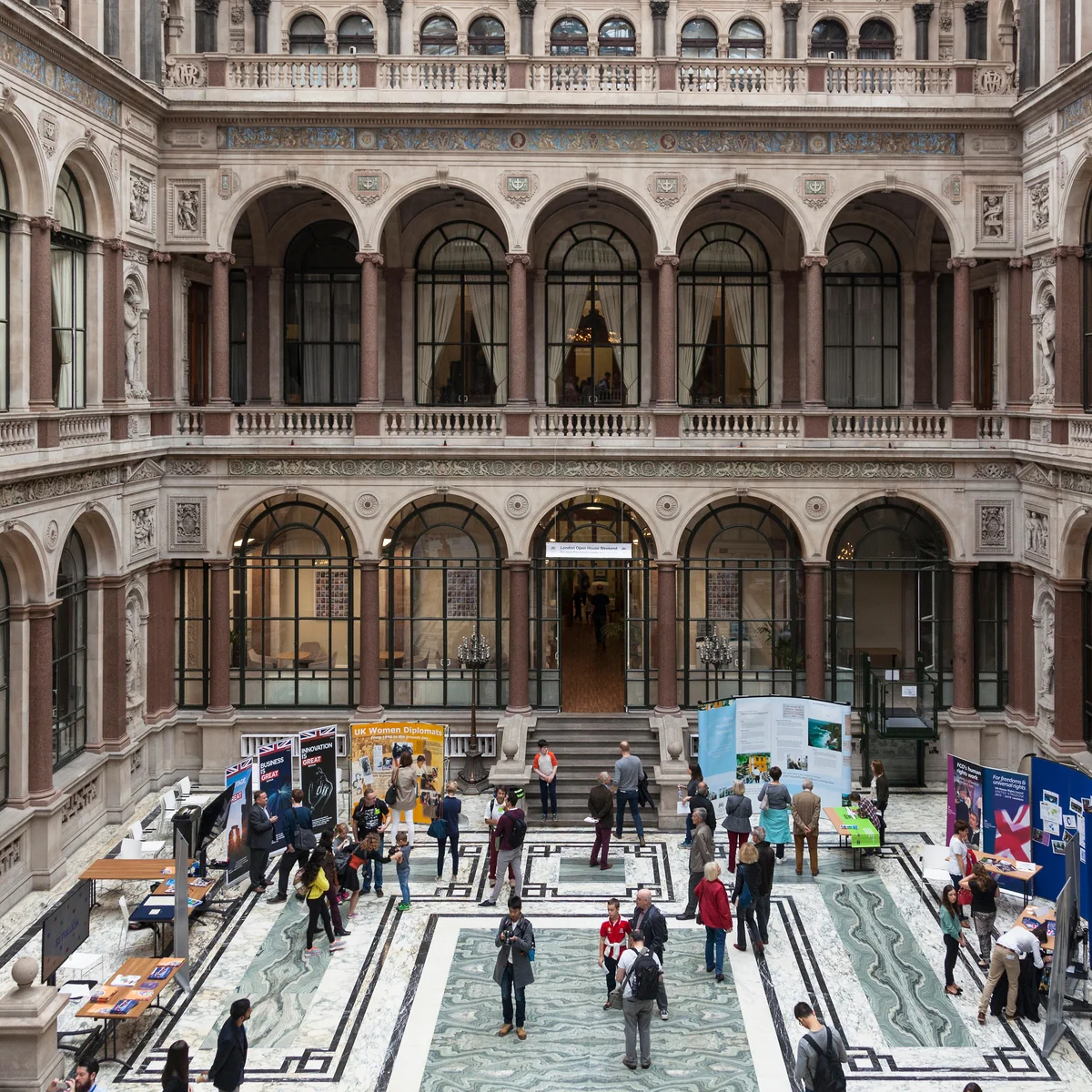By Jovan Dučić
First published in Amerikanski Srbobran, 1942
XV
The Serbian people, and this is not only Serbia but the entire United Serbdom, instead of forming in 1918 into one enormous and ethnically homogeneous group and consequently into one large state, took upon itself the duty to accept the borders of Yugoslavia, which only at sea had a length of no less than 1,000 kilometers from Sušak to Ulcinj; and on land, twice as much, from Đevđelija to Kranjska! To defend such a coast, one would need an extremely expensive naval force like those of great powers, something we could never imagine with our small budget. To defend the vast land borders, an army of a great power with weapons requiring enormous costs for procurement and maintenance would be needed! With the illusion that our then defeated enemies would remain disarmed forever, we naively believed that Serbian heroism, assisted by Croatian patriotism and the known resilience of the Slovenes, would be a sufficient guarantee for peace in the entire European East.
This was a fatal deception. Yugoslavia with such borders and such a budget was, therefore, a political absurdity from the very beginning. For example, France is bounded by large mountain ranges on two sides, the Alps towards Italy, and the Pyrenees towards Spain; and from the south by the sea, where it could maintain a fleet in exceptional ports given its then wealthiest budget on the continent; and from the west, it is bordered by the Ocean, and the western states, by the natural laws of their positions, should always jointly defend the navies of two allied states (not just one of them). I take the question of the borders of this one European state as an example, which was fortunate to have only one open border towards Germany, its main enemy, almost no greater than what wretched Yugoslavia had towards that same Germany in 1941!
Just such a question of future state borders was reason enough to consider the ideal of unification very complicated. The Skupština1 in Niš in 1914 declared that Serbia would fight for the liberation of Croats and Slovenes, believing that they would joyfully welcome it, but on that day in Niš, the statesmen of that time did not have unification in mind, which was already a much more complex problem, as seen in other examples of European states. Serbia took on the obligation to defend tomorrow with its blood against two great powers, its new neighbors, Germany and Italy, the western borders already raised to Triglav and Mura! Wasn’t that an absurdity?
We wonder if our government at that time asked itself: what do Serbs gain for such a heavy obligation against Great Powers? How does the Croatian and Slovenian contribution to that general capital, to that joint state realization, fit into such an obligation? Almost nothing, for anyone familiar with the true case of this issue. In military terms (where Serbia counted the most), no one dared to think that with the sentiments that Croats have always had towards Serbs, especially those with which they entered the state community, and with the mixture of Catholicism and Austrianism, those significant spiritual orientations of Croats, Croats would ever die alongside Serbs, no matter on which front, and against any enemy. Already in the first days of unification, Croats in Zagreb sincerely emphasized that they would never fight for Serbian borders in Southern Serbia or on the Timok, no matter against whom.
In general, Croats did not contribute to any common heroism that could be talked about throughout their entire country. They even turned mockingly to the Serbian military history, the glory of the Serbian army, which was celebrated as heroic even by all its enemies, not just friends. Refusing to acknowledge that Serbia contributed anything to the liberation of their country, a Croatian minister, Dr. Krajač, cynically exclaimed once in the Skupština, shortly after unification: “Tell us how much that blood you shed for Croatia costs, so we can pay you…”
Serbia had no economic benefits, nor did the Serbian people around it, uniting rich Serbian lands with passive Dalmatia, passive Slovenia, and one-third passive Croatia into a common state… Serbia did not need any of their products, natural or industrial, since the Serbian Land itself had all the same natural products in abundance, and it could obtain industrial products more cheaply from Hungary and Italy. However, Croatia could not sell its industry either to Italy or Hungary, as both were industrially wealthier; it could only sell them to Serbian agrarians.
This is how you should understand the flourishing of Croatian industry and the rise of Zagreb to a metropolis because that land did not produce more under the administration of Belgrade than under the administration of Pest and Vienna… Thus understand the construction of Sušak and the great prosperity of Split. However, Croatia did not stop complaining that it was robbed, even when the Serbian Vojvodina, one of Europe’s granaries, paid 52% of the total state tax revenue by itself. Moreover, Croatia almost ruined the state the day after our unification, with a levity that surpassed all the cynicism of the then Croatian leaders.
Already in the first days, Zagreb called on the people not to go to the army. For the agrarian reform, which Belgrade dared to solve (although neither the Hungarians, Austrians, nor Turks ever wanted to do so, and which is always an unpopular matter), Croats announced their protests with the greatest slanders against Serbs. Even when Pavle Radić2 implemented that reform!… To all European conferences held at that time – in Paris, Versailles, Trianon, and Rapallo – Zagreb sent memorandums demanding a Croatian republic. Radić, in his youth, identified as a Yugoslav, even a Serb, considering, although incorrectly, that these were two names for the same people. (“I am a Serb who speaks Croatian,” this lover of wordplay once shouted). But in his 50s, he went to overthrow the monarchy and create a republic in which he would become president. The spiritual boycott of Zagreb against the state was unprecedented. Radić, who sang hymns to Franz Joseph during the Emperor’s life, held a mournful obituary in the Parliament when news of the Emperor’s death came, and, together with other members of the Parliament, voted for a monument to be erected in his likeness in Zagreb…
The outcry from Zagreb against the incompetent bureaucracy and corruption was, in reality, just a cry that existed everywhere in Europe after the war, a cry against the common evil.
Croats boycotted the state loan, and the consequence of that was the fall of our currency and billions in losses. Croats also boycotted the timely construction of railways, causing immense damage and an even greater fall in the currency. But not only immense damage to the Serbs, targeted in their rich regions, but also against the Croats in their poor, undeveloped, and passive lands… Changing their Austro-Hungarian crown to the then state currency, the Serbian dinar, at a ratio of 1:3, made an illicit trade with our currency, as it involved not only the worn and dirty thousand-crown notes of Croatian peasants but also wagonloads of newly smuggled thousand-crown notes of Zagreb bankers, imported from Pest and Vienna over the Mura River into Croatia.
By engaging in such sabotage against the state, Radić was accused and imprisoned (in a rather non-political and quite stupid way), but when he later returned to the radical Belgrade of that time, his first thought was to go and thank the King, entering the Palace by kissing, in full view of everyone, the right pillar of the Palace gates. The Serbs considered this their victory. However, somewhat later, Radić asked members of his large party not to attend the unveiling of Strossmayer’s monument in Zagreb, so as not to create confusion between his exclusively destructive policy and Strossmayer’s “Yugoslavism,” which was supposedly constructive.
Dr. Vlatko Maček followed the same path when, a few years ago, he requested a name change for the Yugoslav Academy of Sciences in Zagreb, which Strossmayer had named so to make it at least in its name, if not in the significance of its academics, the center of southern Slavic Yugoslavia. Maček requested that it no longer be called the Yugoslav Academy but the Croatian Academy. – Add to this history of Zagreb’s “Yugoslavism” one more fact. When, on April 9, 1940, some admirers of Strossmayer wanted to hold a memorial service in Zagreb for the 35th anniversary of the death of benefactor from Đakovo, Monsignor Stepinac, the Bishop of Zagreb, on that day, found himself traveling so as not to participate in the celebration of Strossmayer, whose name was associated – albeit wrongly – with “Yugoslavism,” the main principle of the state of Yugoslavia.
In such a mood towards the state of Yugoslavia, the spring of 1941 arrived, when the greatest spiritual unity among the members of One State was needed to go together to the border against the enemy. And not the enemy of Bushmen and Hottentots, or Laplanders and Samoyeds, but the Germans, who always had friends in Zagreb, and against the Italians, whom the Croats always hated, simply because the Italians despised them. Croatian officers were ready from the start to switch sides to the enemy on the front as soon as he appeared. Only very weak minds among the Serbs could believe that Croatian officers stood heart closer to Belgrade than Zagreb, and to the Serbian army closer than their own families there.
If someone had asked the creators of Yugoslavia in Paris (excluding Trumić’s Yugoslav Committee), whether they would agree to a state that would experience such betrayal on a large part of its front, and in the first test of Yugoslav patriotism, and then also the massacre of half a million Serbian nejač,3 I do not believe anyone would have decided on such a brutal adventure, as was on December 1, 1918.
Translated by Books of Jeremiah




2 thoughts on “Yugoslav Ideology: The truth of “Yugoslavism” XV/XV”
Beautifully written article, thank you very much!
Thank you for the kind words, we hope not much was lost in our translation.
Comments are closed.